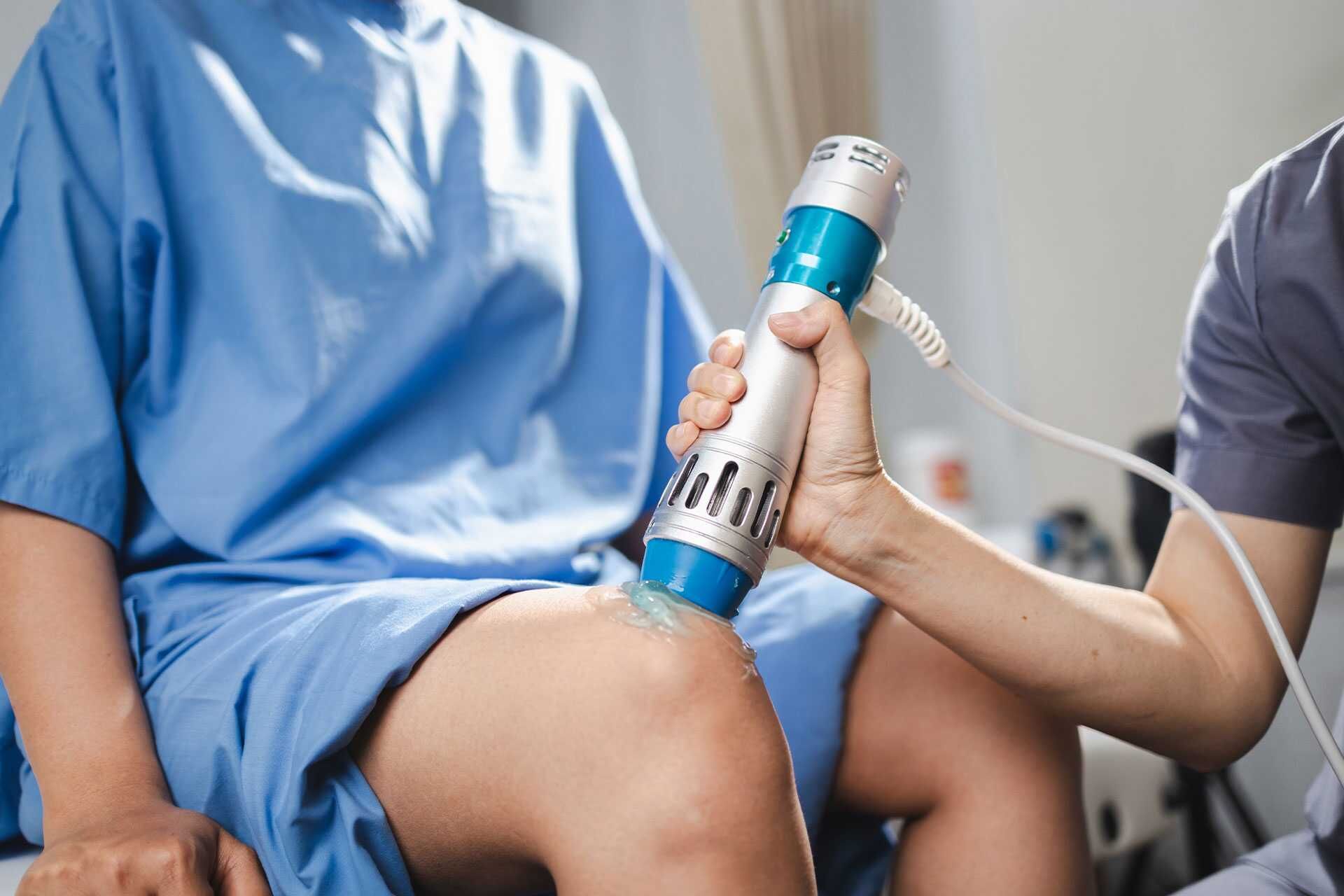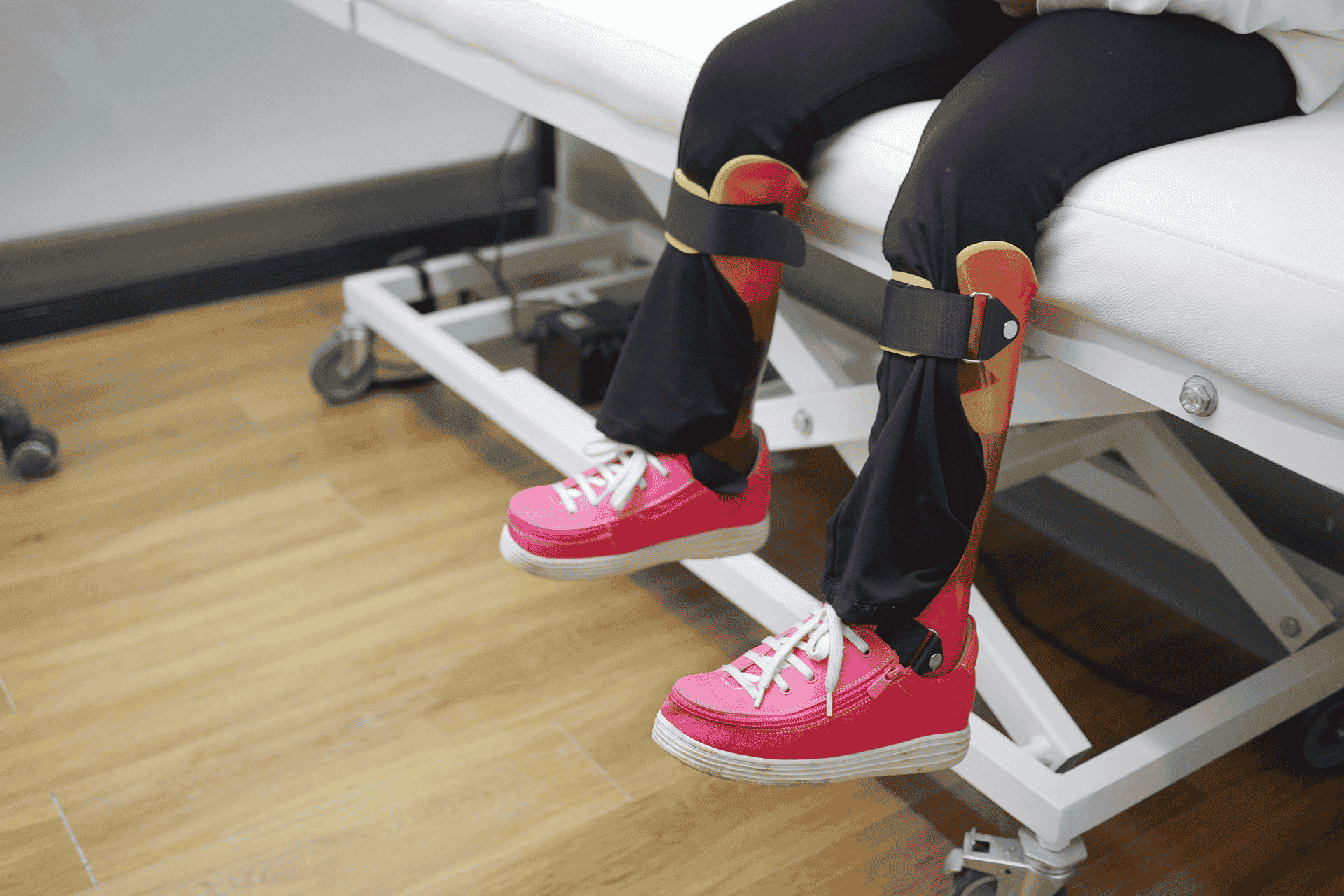When Is The Time to Replace Your Orthotics
If you are experiencing foot pain, swelling, and difficulties with balance, opting for foot orthotics can be a life-changer. They can fix your gait and potentially prevent or treat existing ankle, knee, hip, and back problems resulting from uneven weight distribution.
Althoughcustom orthotics can be very durable, they don’t last forever. Preferably, you should evaluate your insoles with a certified podiatrist every year to check for signs of wear and tear and determine if they need refurbishing or a replacement.
Experiencing pain, swelling, poor posture, and a lack of balance when walking, are just some of the signals that it’s time to assess your foot orthotics. However, there can also be physical changes in the orthotics themselves that you should keep an eye on. Continue reading to learn more about what to watch out for!
A Return of Your Original Symptoms
Usually, the most prevalent sign that your custom orthotics need fixing or replacing is experiencing a return of your former symptoms. Once they start wearing out, the resulting imbalance in weight distribution and lack of support can make your feet, ankles, knees, and back hurt again.
You might also be stumbling, slipping, and twisting more frequently while walking. It is also common for these symptoms to aggravate with time as the orthotic insoles get more and more damaged and worn out.
To stay on the safe side, opt for yearly check-ups with a certified podiatrist to ensure your foot orthotics are in order.
The Cushioning is Deteriorating
Next, we have the physical changes occurring in the foot orthotics themselves. Usually, one of the first areas where you can start noticing damage is the cushioning that forms the top surface of the orthotics.
The cushioning should feel soft and provide comfort, but in the meantime, it shouldn’t compromise your balance and feet support. Ideally, the cushioning should enable you to distribute your weight evenly without feeling hard and bringing you any discomfort.
You should also periodically look for holes, cracks, and other signs of wear and tear. These can indicate that your orthotic insoles may no longer be working as intended.
The Threads Are Worn
The threads are the backbone that holds all the layers and materials of your orthotics together.
Just like the tires of a car, with time, the threads will gradually depreciate until they are no longer reliable to hold the whole structure together. Over time, as they get worn down, your insoles may virtually start falling apart and will no longer provide the necessary support and comfort.
Make sure you check the threads of your orthotic insoles from time to time and look for visible signs of excessive wear or deterioration.
Schedule Your Next Appointment With Us Today!
Opting for custom orthotics can correct any existing biomechanical issues with your feet, such as over-pronation and over-supination and help you eliminate joint pain resulting from improper weight distribution.
However, despite their considerable durability, insoles still deteriorate with time and may need a replacement from time to time. Generally, they last between two to three years depending on use, but it’s advisable to give them a check with an expert every year.
Our certified professionals at the Delta Physiotherapy & Rehab clinic will help you evaluate your orthotic insoles to decide if you need a new pair.
We offer various services, including but not limited to physiotherapy, chiropractic care, massage therapy, shockwave therapy, custom orthotics, and bracing. To learn more about our methods and how they can benefit you, call us at 905-270-3086 or book an appointment using our online form.










